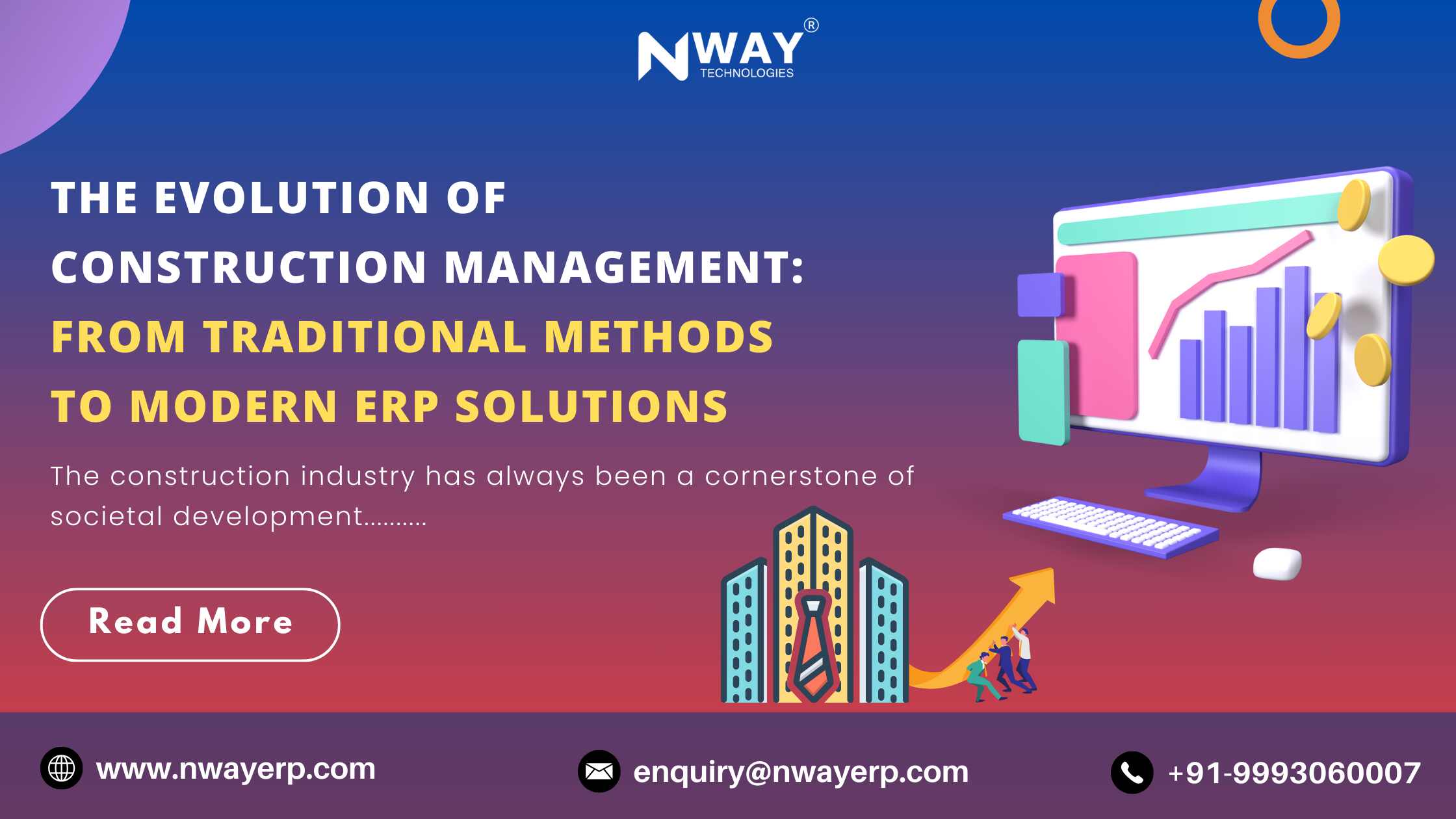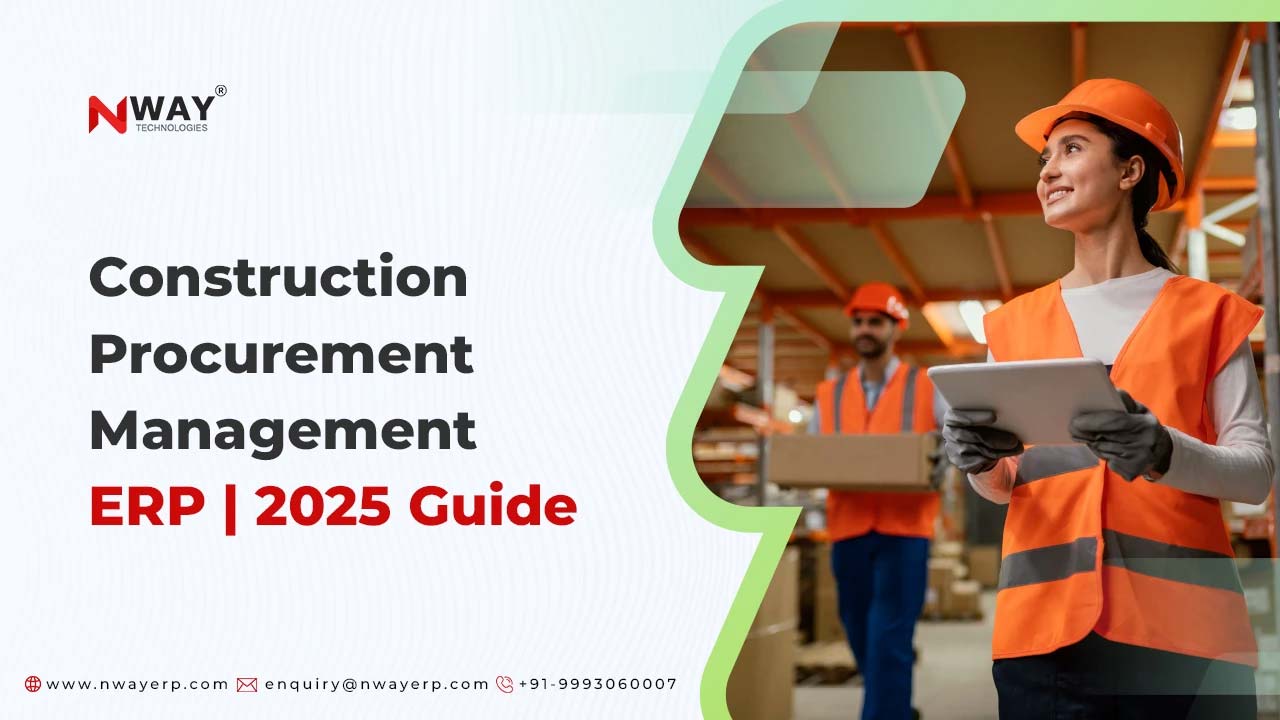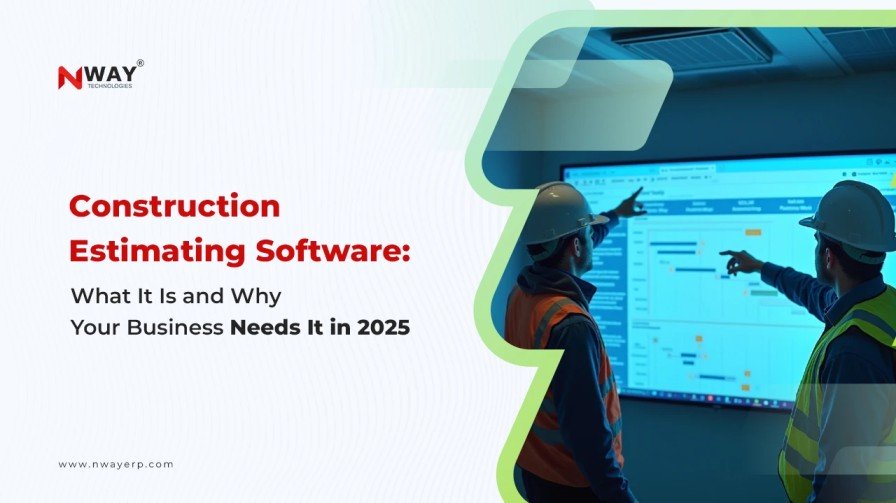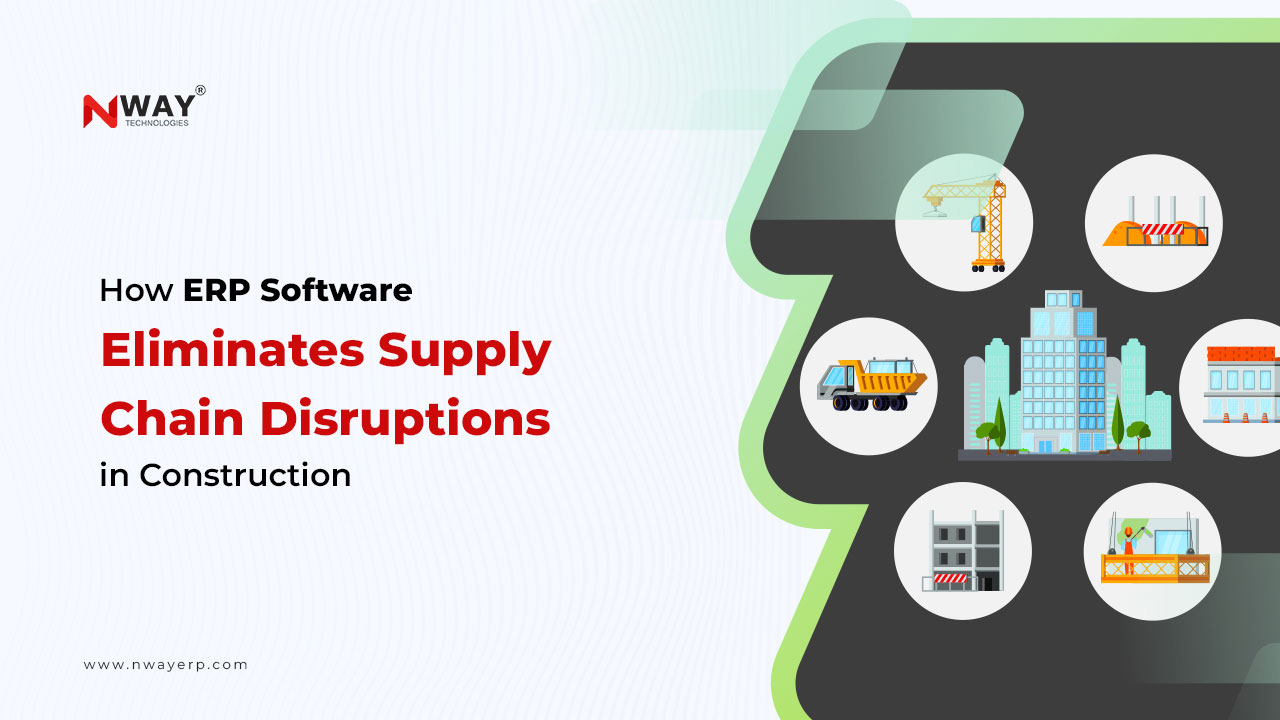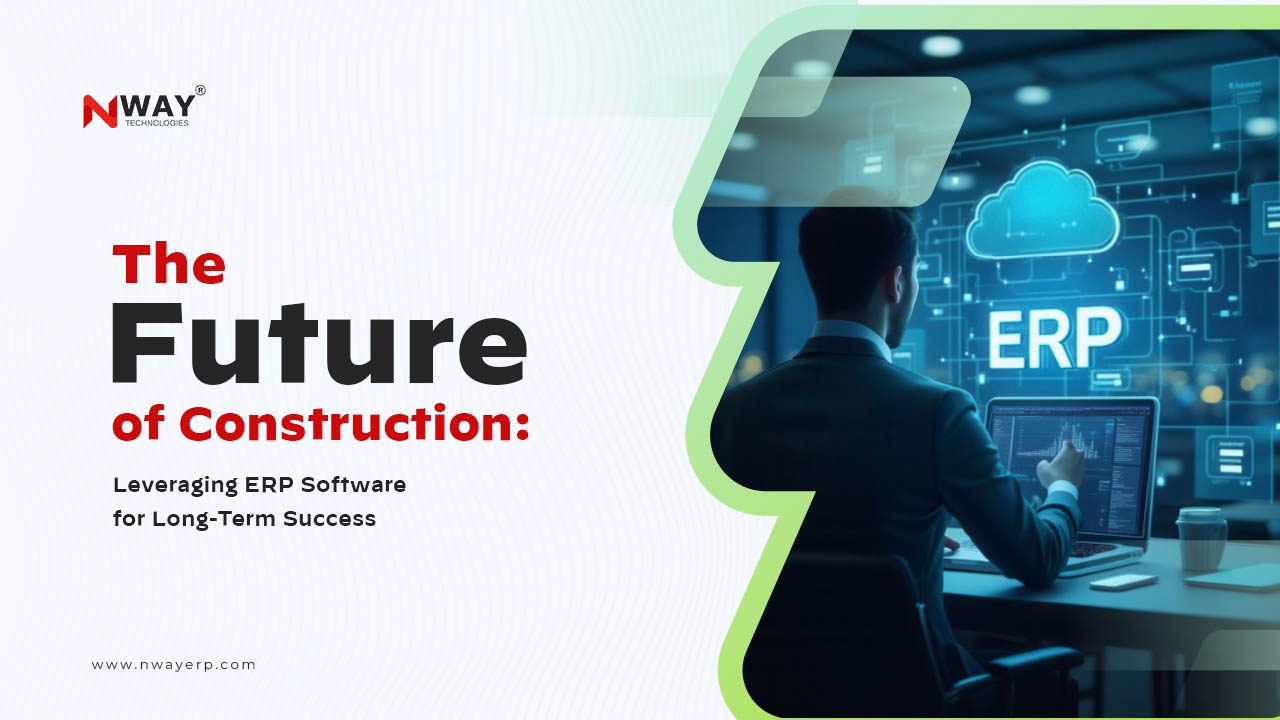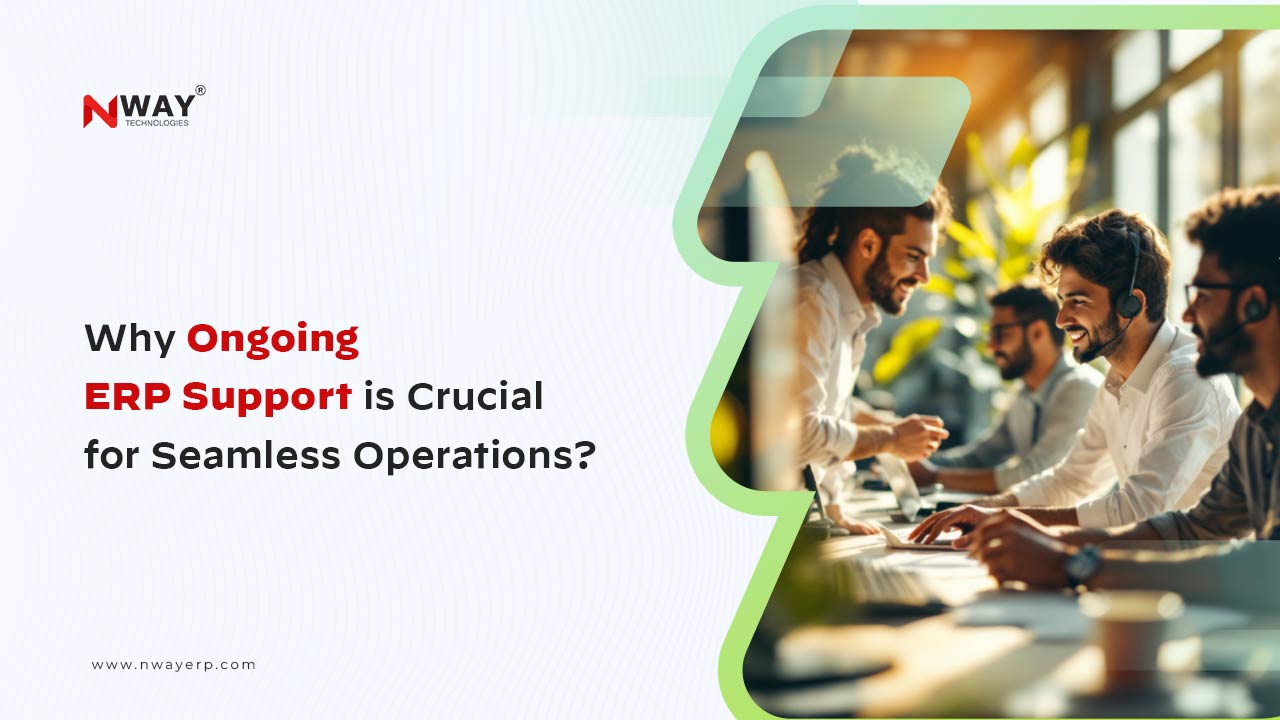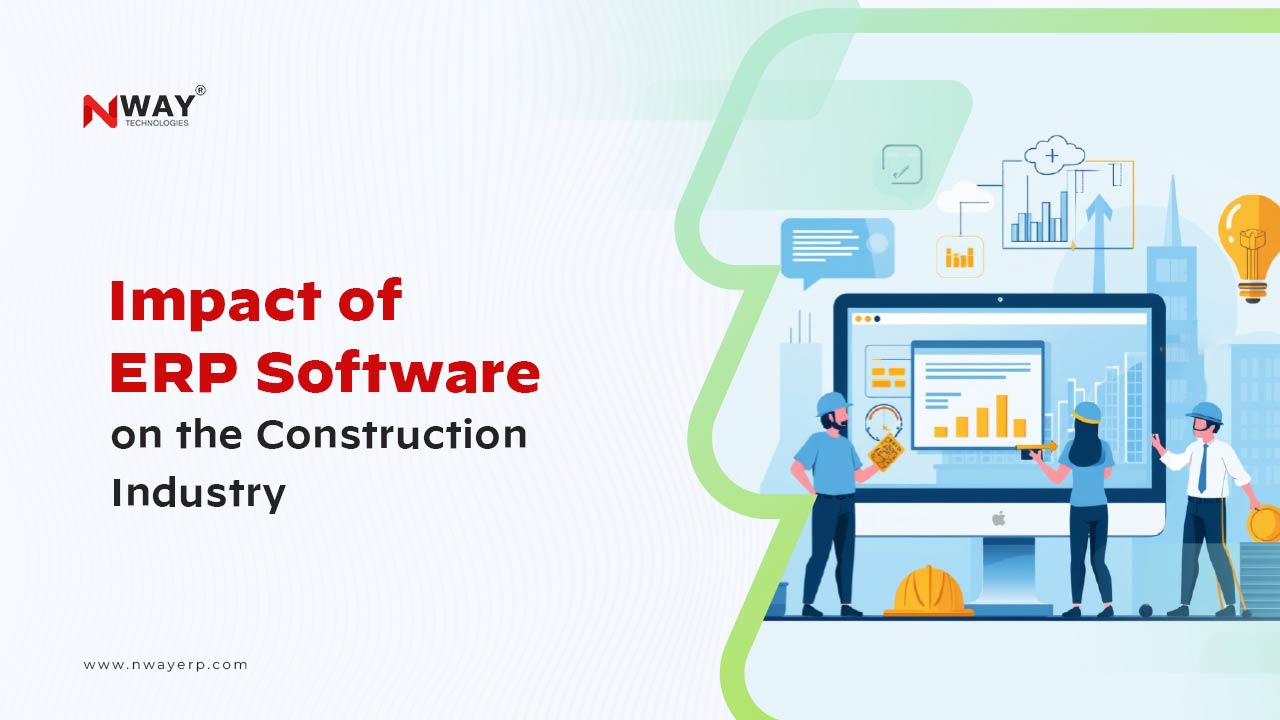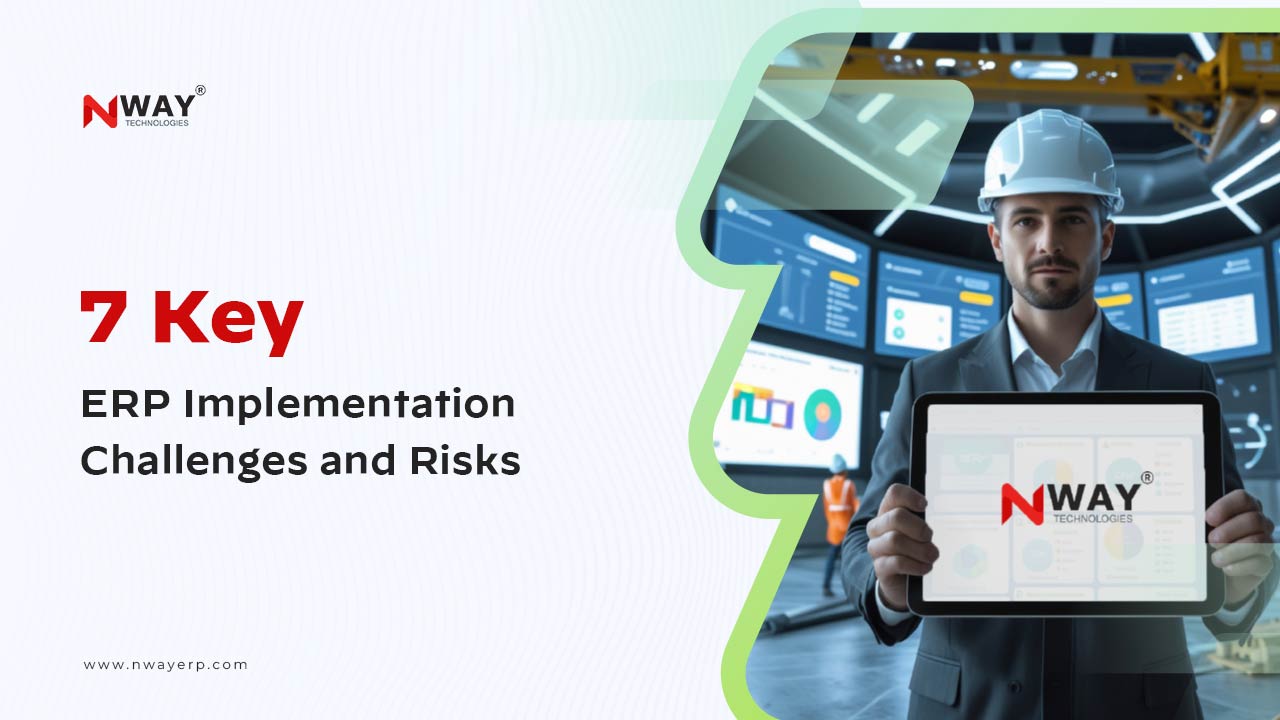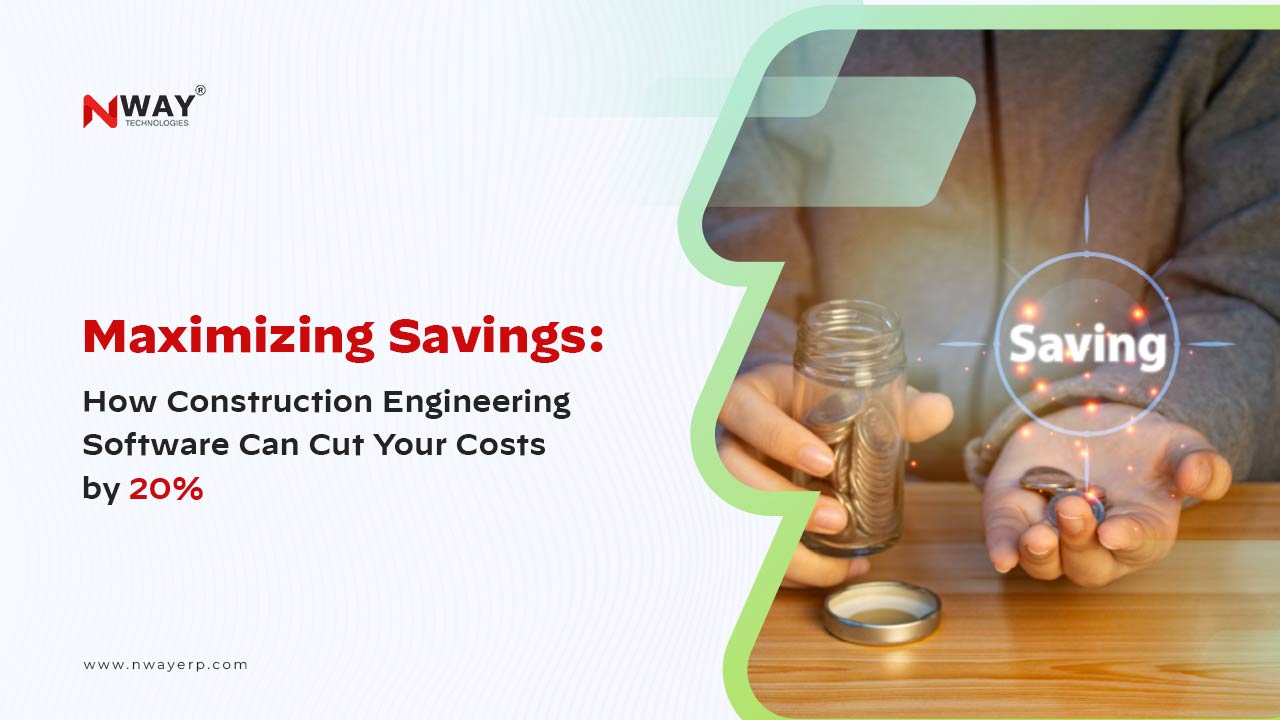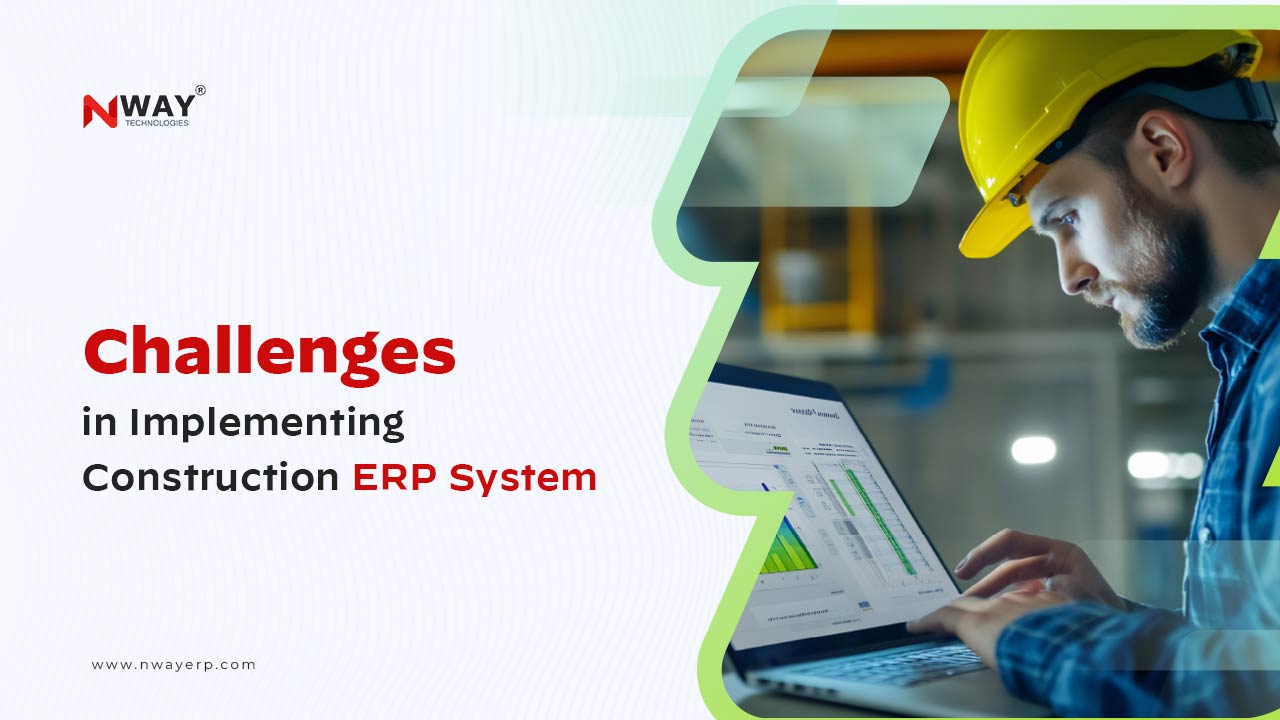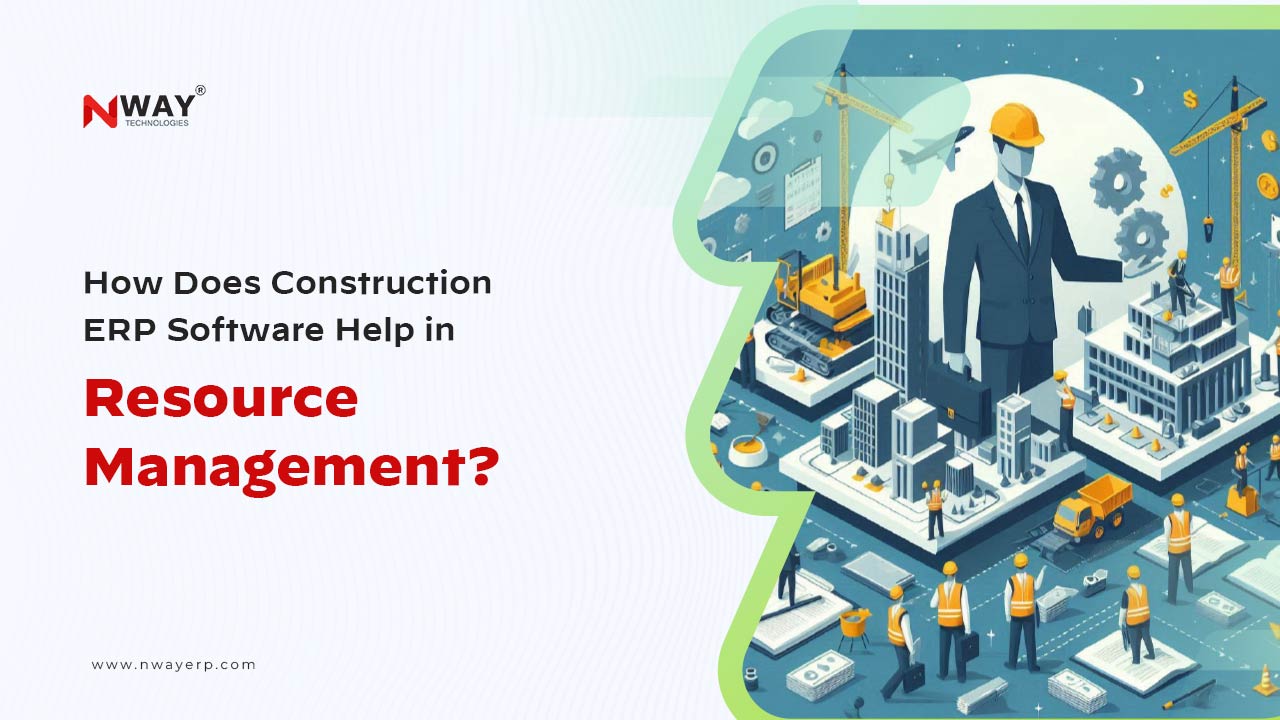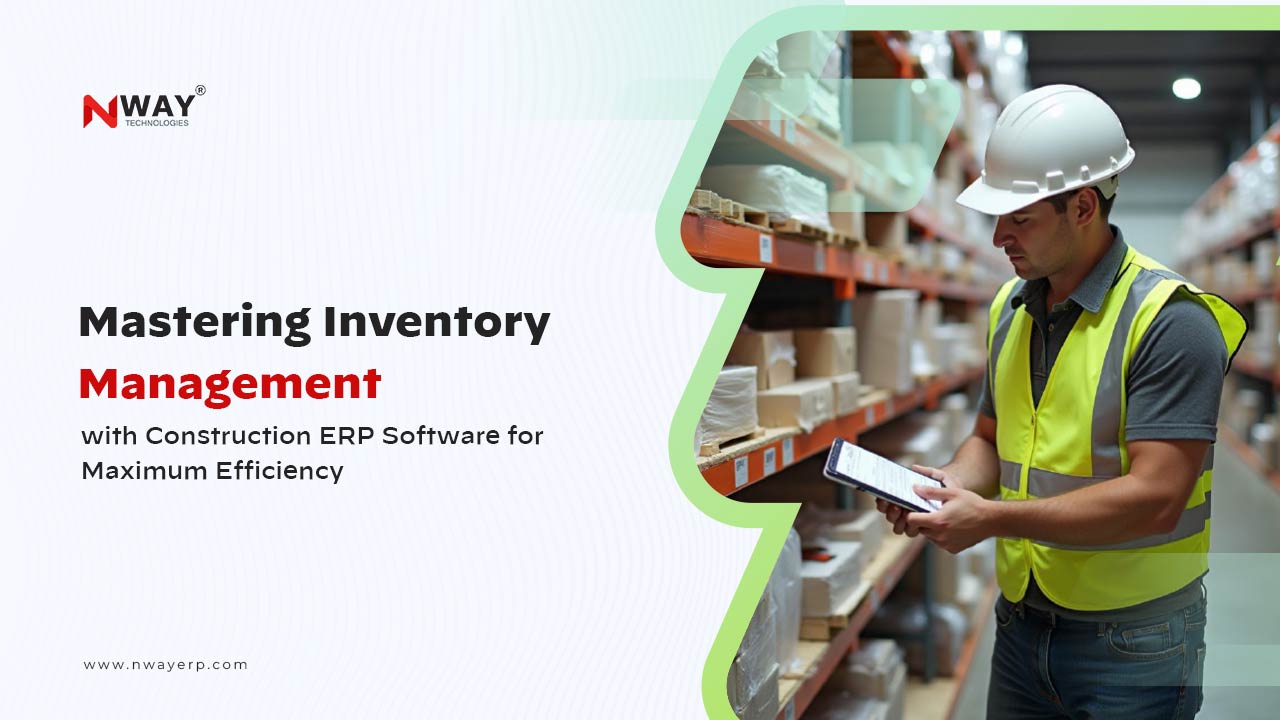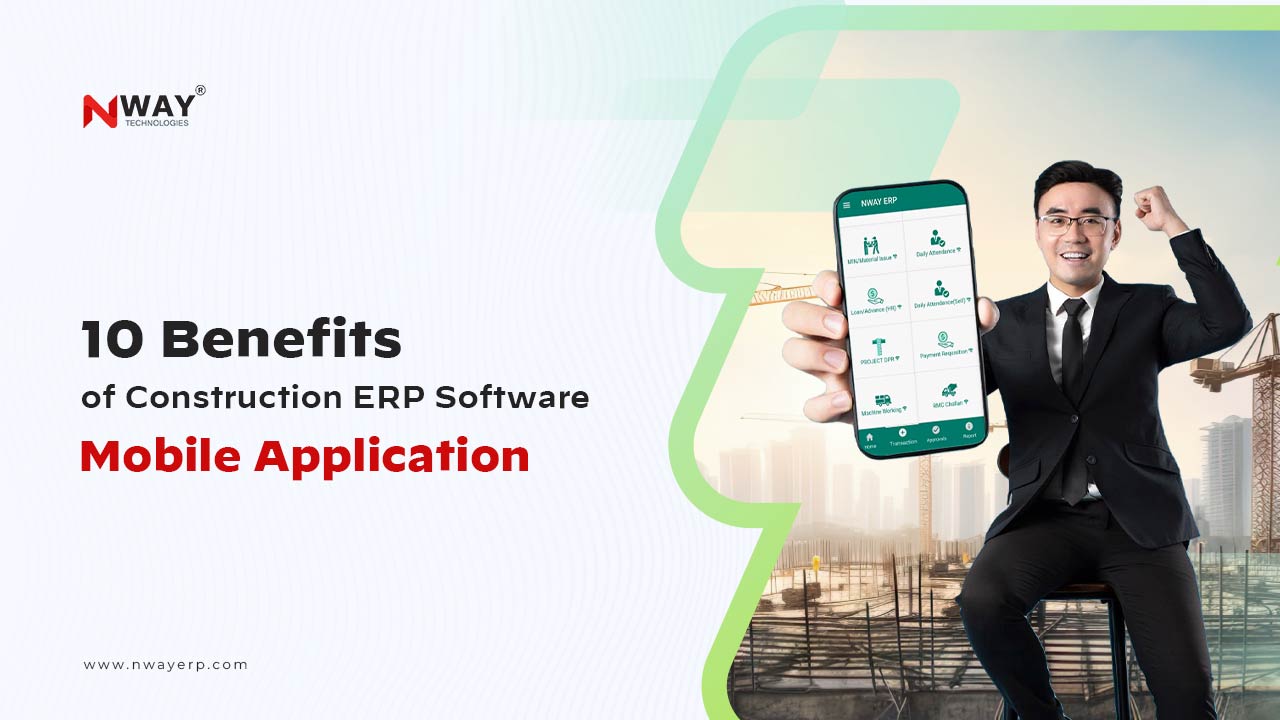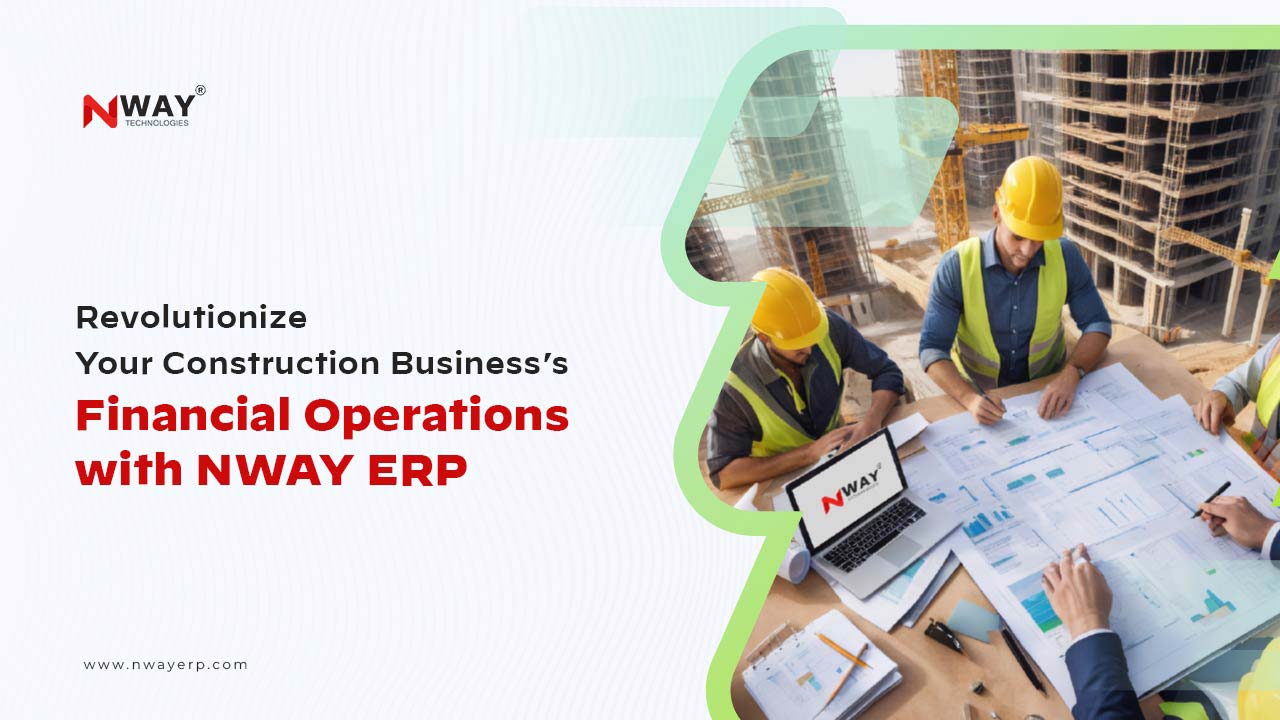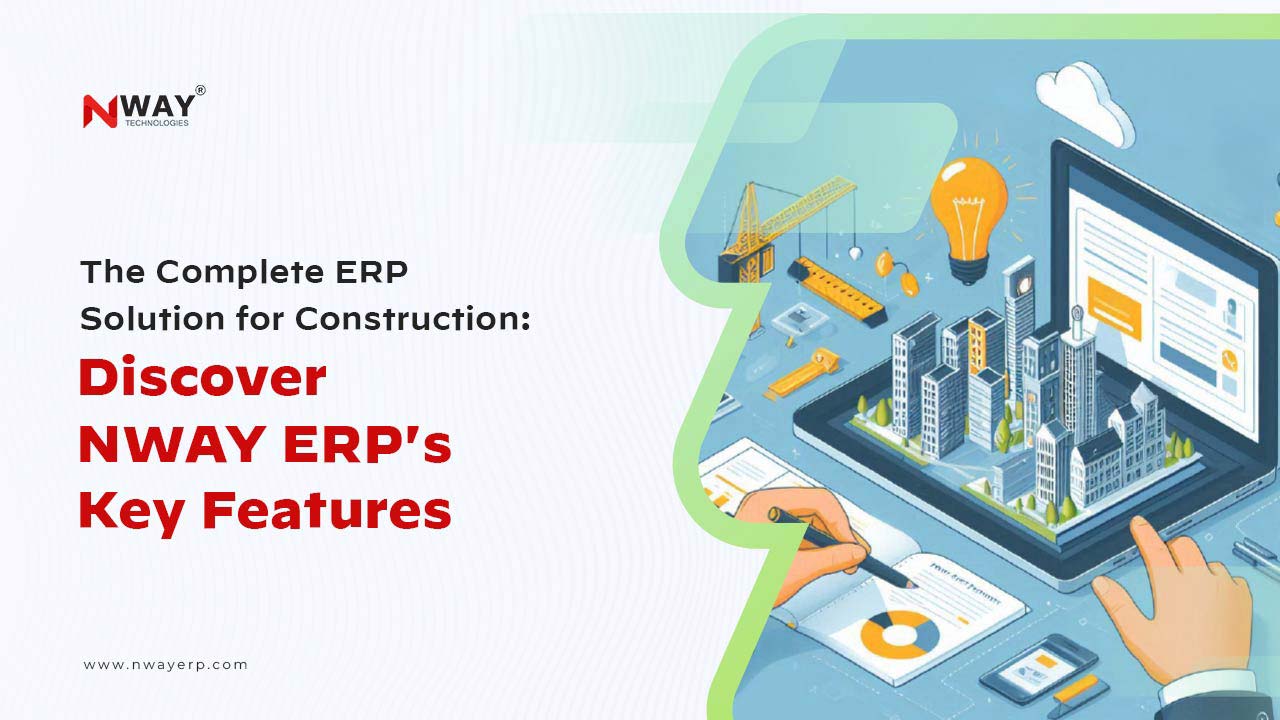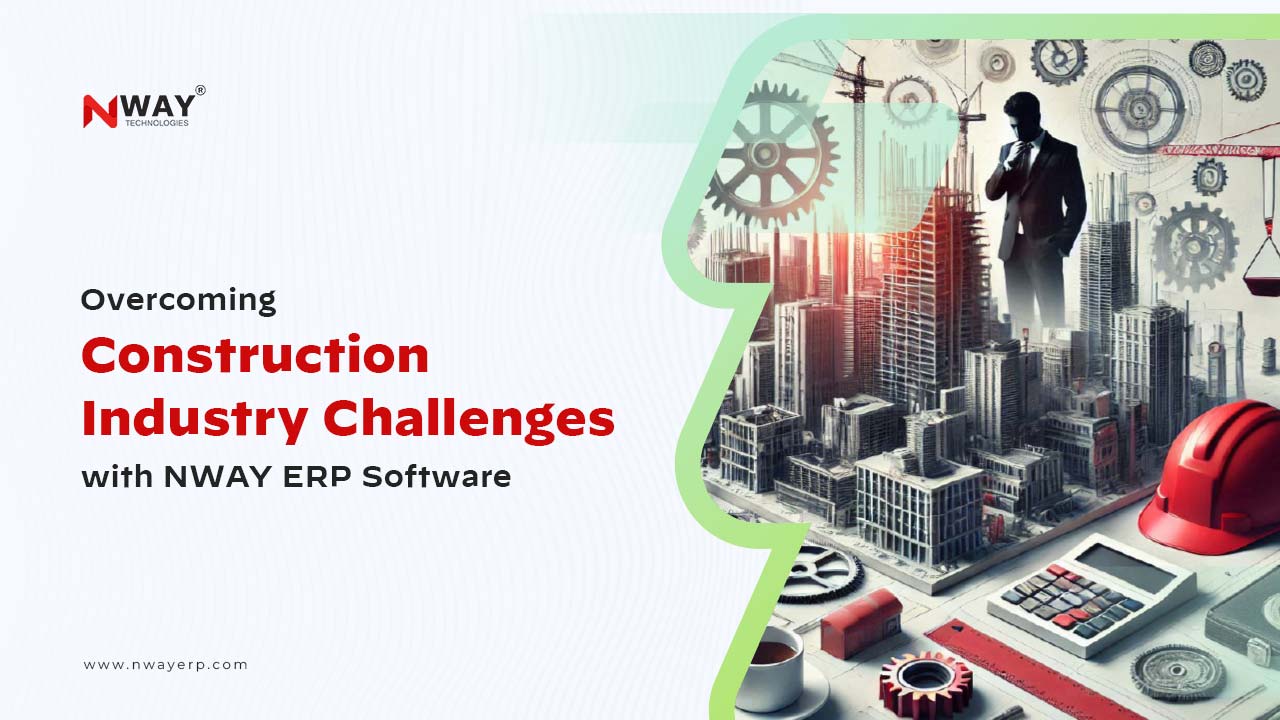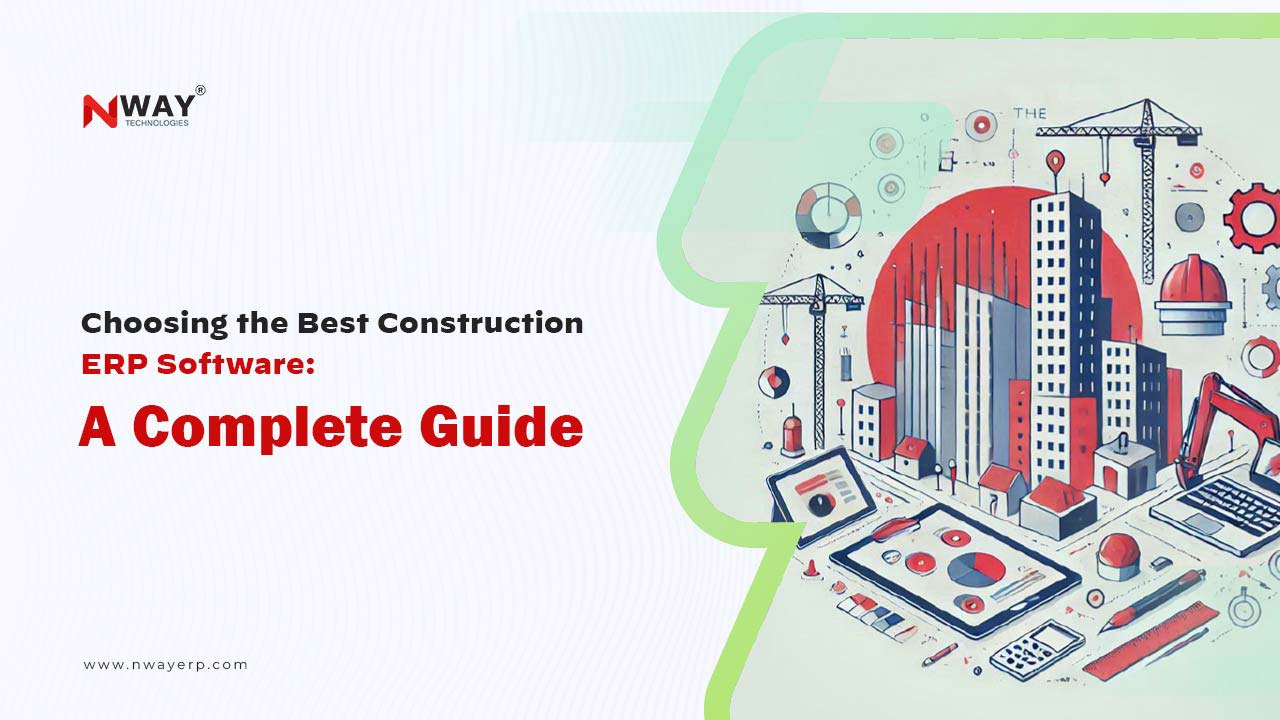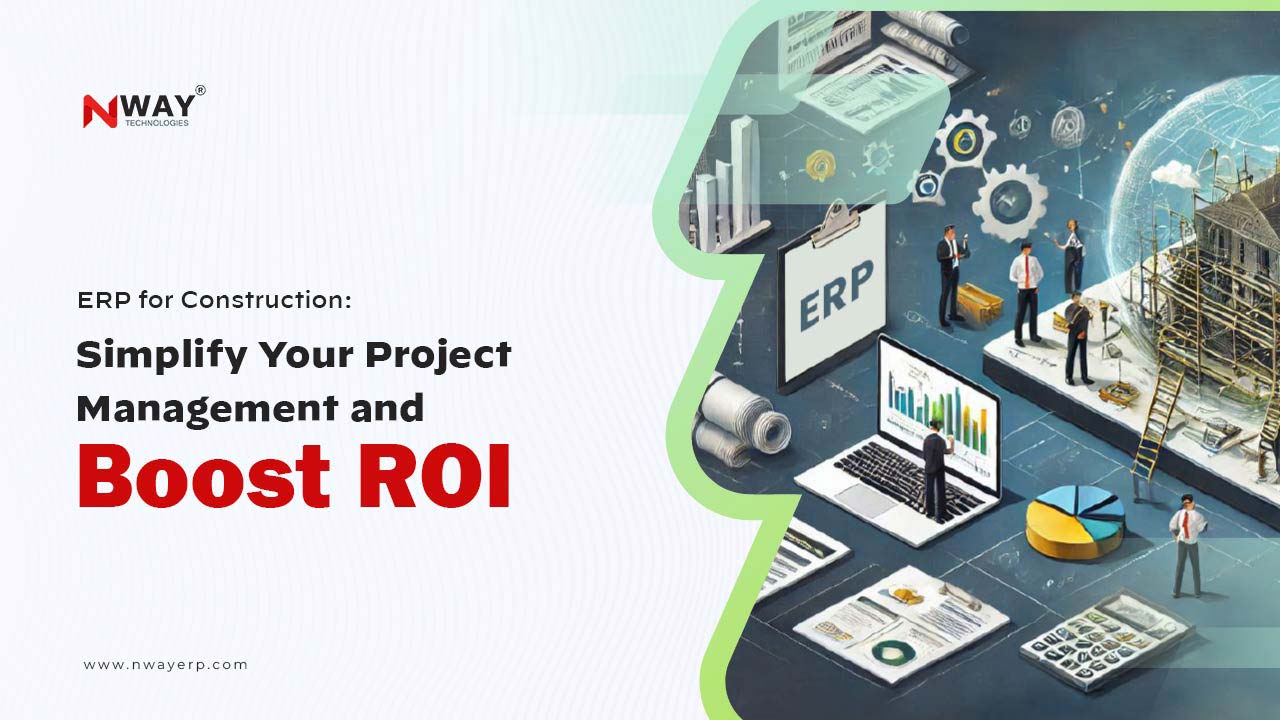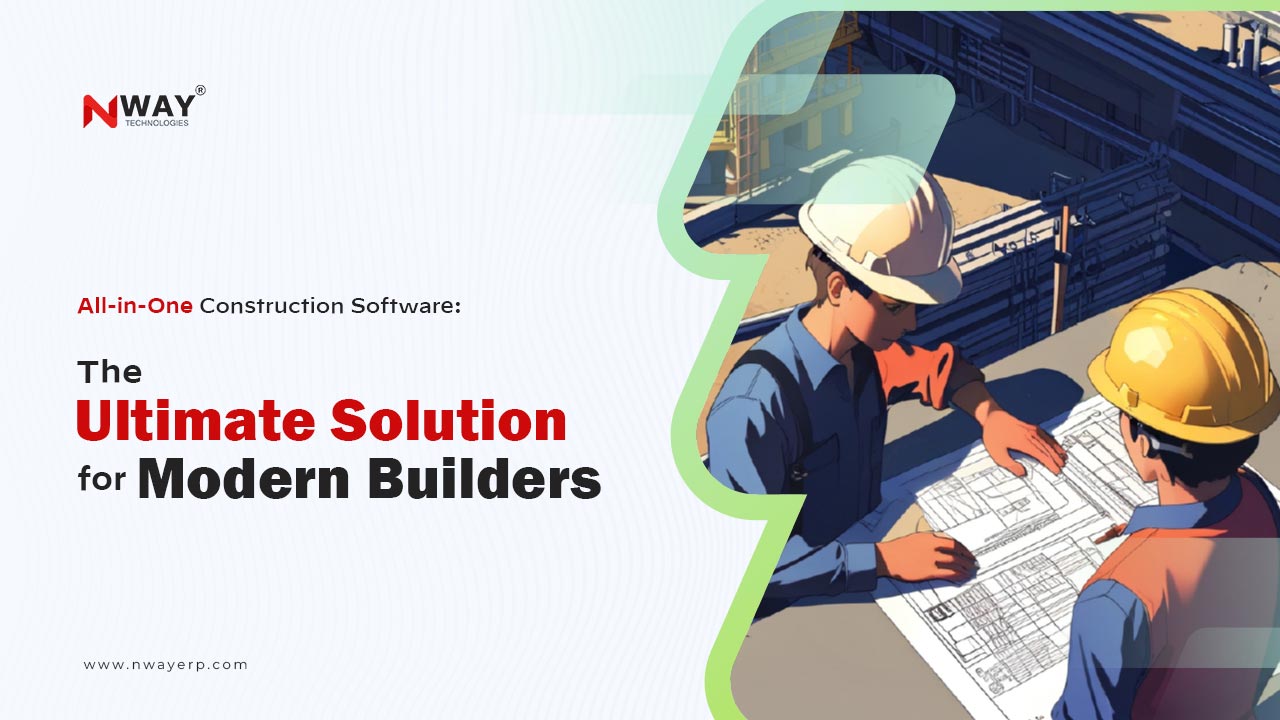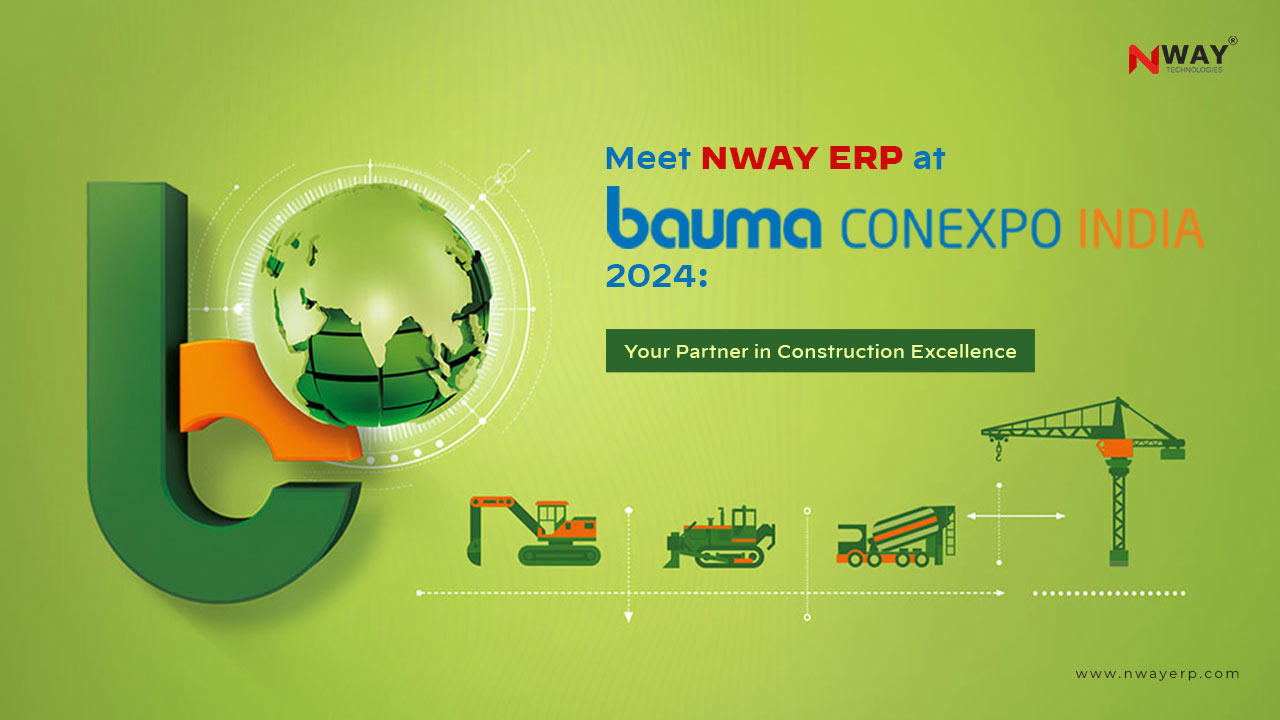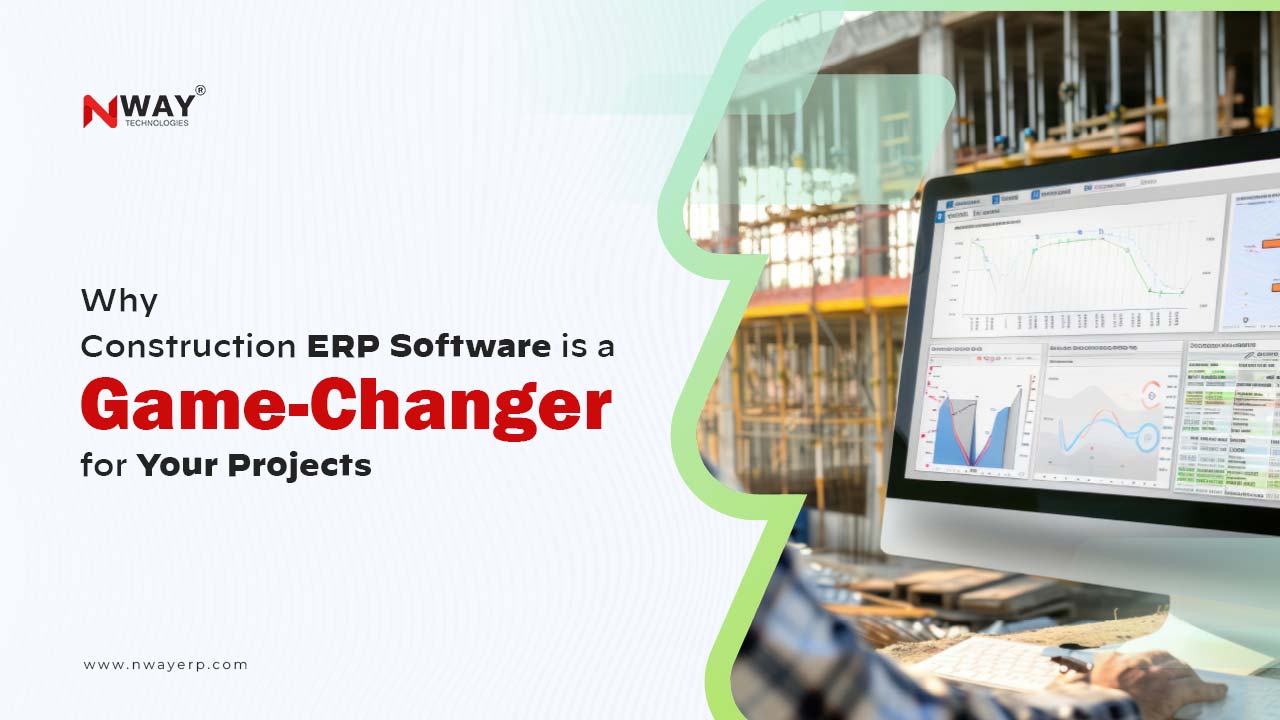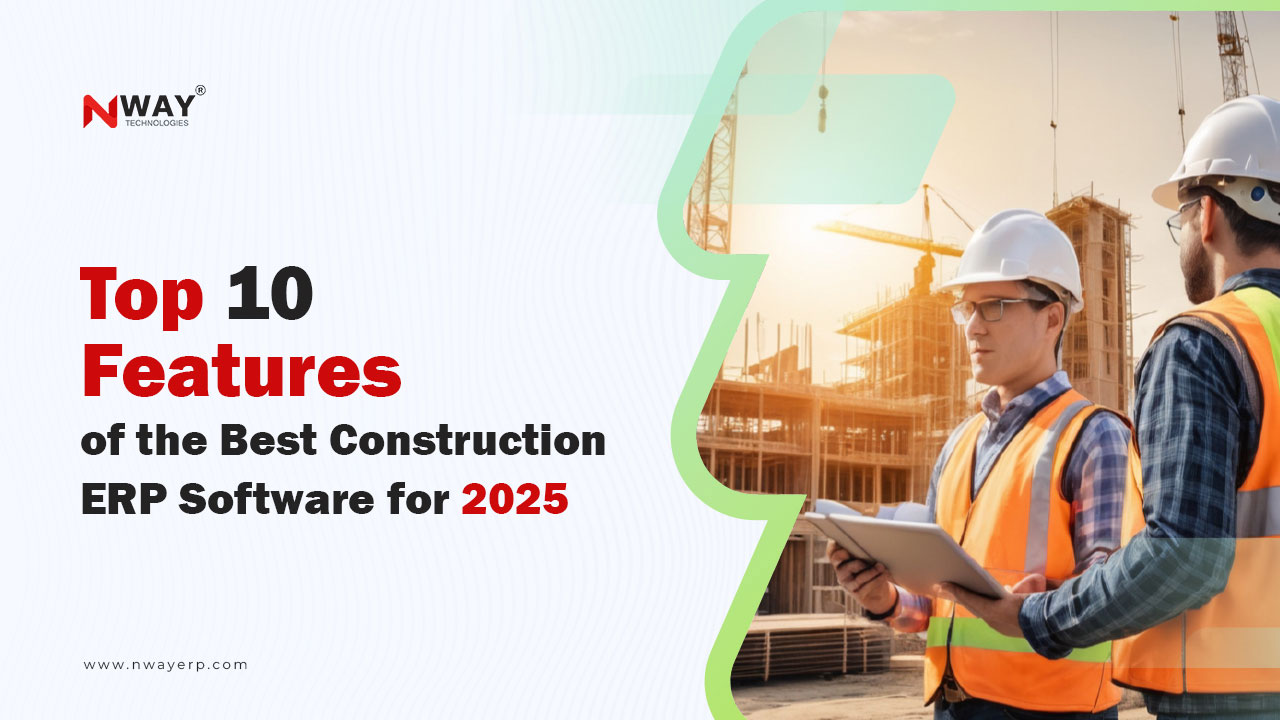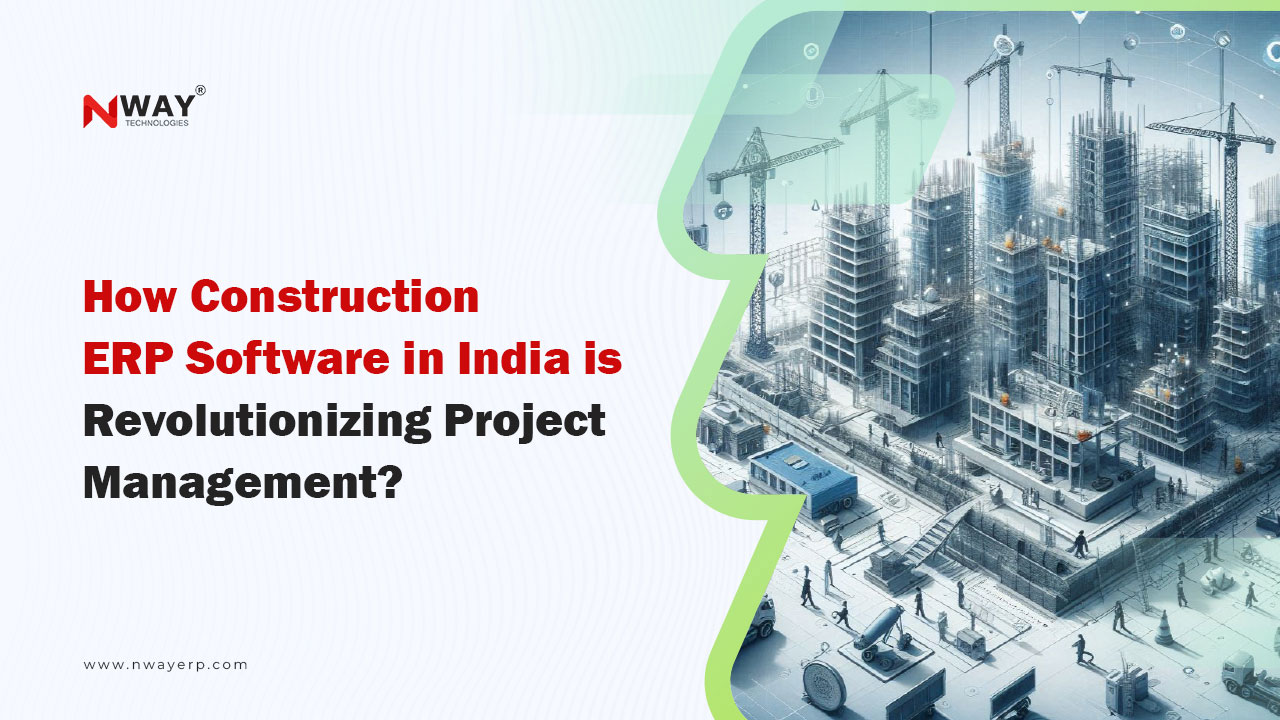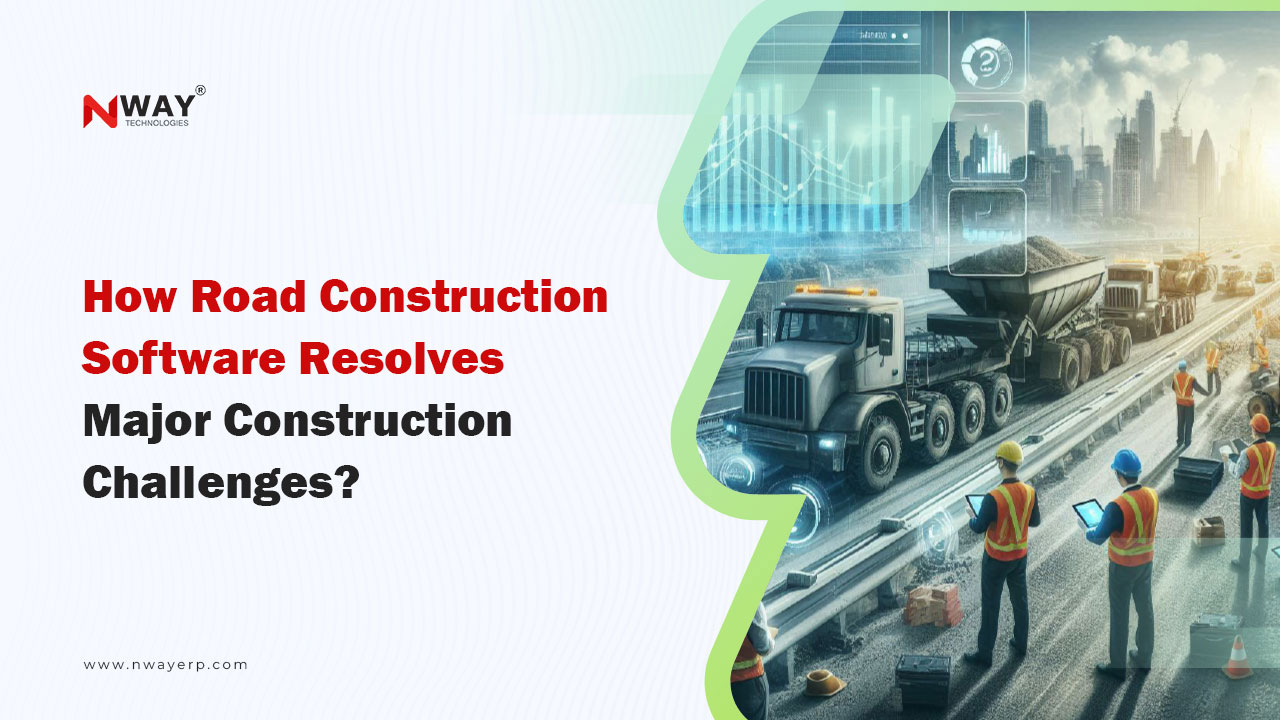The construction industry has always been a cornerstone of societal development. Over the years, the management of construction projects has undergone significant changes, evolving from traditional, manual practices to advanced, technology-driven processes. This evolution, particularly the transition to modern Enterprise Resource Planning (ERP) solutions, has revolutionized how construction projects are planned, executed, and delivered.
The Traditional Era
In the early days, construction management was heavily reliant on manual labor and paper-based processes. Tasks such as scheduling, budgeting, and resource allocation were done manually, often leading to inefficiencies. Communication was typically face-to-face or via telephone, and record-keeping was predominantly done on paper. This approach, while straightforward, had limitations in terms of scalability and accuracy. As projects grew in complexity and size, the traditional methods became increasingly inadequate, often resulting in delays, cost overruns, and quality control issues.
The Initial Shift to Technology
The introduction of digital technology in construction management marked the first significant shift in the industry. Software tools for project management, CAD (Computer-Aided Design), and other specialized applications began to replace paper-based processes. These tools enhanced precision in project planning and execution, allowing for better visualization of the end product and more accurate resource estimation. However, these tools often operated in silos, leading to a fragmented approach to project management.
The Integration Phase
The real transformation began with the integration of various software tools into more cohesive systems. This phase saw the development of integrated project management software that combined scheduling, budgeting, and resource management in a single platform. The integration improved data consistency and facilitated better communication among different teams. However, these systems were still primarily project-focused and lacked the holistic view that modern construction projects demanded.
The Development of ERP Solutions in Construction
The introduction of ERP systems in the construction industry marked a paradigm shift. Modern ERP solutions for construction go beyond project management. They integrate all aspects of a construction business – from project management, financials, and supply chain management to human resources and customer relationship management. This holistic approach ensures that every aspect of the business is aligned and working towards the same goals.
Key Features of Modern ERP Solutions
- Comprehensive Project Management: ERP systems provide tools for detailed project planning, scheduling, and execution, ensuring that all project aspects are efficiently managed.
- Integrated Financial Management: These solutions offer robust financial management features, including budgeting, invoicing, and financial reporting, vital for the fiscal health of construction projects.
- Supply Chain Management: Effective management of procurement, inventory, and supplier relationships is facilitated by ERP systems, optimizing the supply chain.
- Human Resources Management: From workforce planning to payroll, ERP solutions encompass comprehensive human resource management functionalities.
- Customization and Scalability: Modern ERP systems are highly customizable and scalable, adapting to the specific needs of construction businesses of various sizes.
- Data Management and Analytics: These systems offer advanced data management capabilities, providing valuable insights through analytics and reporting tools.
Benefits of Modern ERP Solutions in Construction
- Enhanced Efficiency and Productivity: By integrating various business processes, ERP solutions streamline operations, significantly improving efficiency and productivity.
- Improved Decision Making: Access to real-time data and analytics empowers managers to make informed, timely decisions, enhancing project outcomes.
- Increased Collaboration: ERP systems facilitate improved communication and collaboration among all stakeholders, from contractors to suppliers and clients.
- Risk Mitigation: With comprehensive insights and predictive analytics, ERP solutions aid in identifying and mitigating potential risks.
- Quality and Compliance Assurance: These systems ensure adherence to industry standards and regulations, maintaining high quality in construction practices.
- Cost Savings: Efficient resource management and process optimization result in significant cost savings and better financial control.
Challenges in Adopting Modern ERP Solutions
Despite the numerous benefits, the transition to ERP systems in construction has not been without challenges. Resistance to change, especially in an industry traditionally reliant on manual processes, is a significant barrier. Additionally, the cost and complexity of implementing ERP solutions can be daunting for some firms.
The Future of Construction Management with ERP Solutions
Looking ahead, the integration of ERP solutions with emerging technologies like AI, IoT, and Big Data is set to further transform the construction industry. These technologies promise even greater efficiency, better project outcomes, and more sustainable construction practices.
Conclusion
The evolution of construction management from traditional methods to modern ERP solutions reflects the industry’s ongoing commitment to innovation and excellence. As we continue to embrace new technologies, the construction industry is poised for even greater efficiency, transparency, and sustainability.
The future of construction management is not just about building structures; it’s about building smarter, faster, and with a keen eye on the future.
